The purchasing office plays a central role in our organization. But the relationship with suppliers is not just made of sales and logistic: it's first of all grounded on respect and shared values
⏱ 4 MINUTES READING
In the last article we talked about research and selection and we told you how this process works in our company. When it ends up with the decision to insert a new product, we assign it a sku. And from here we start again today.
Once the product "gets on board", the first moves are in charge of the purchasing office, for products ordering and inventory management, but not only. We need to understand how the product is perceived by the market, in terms of sell-in but also sell-out, to monitor the quality of supplies, especially in the initial phases and to support new products with an adequate communication plan, during the launch but also in the medium term.
1. INVENTORY AND SERVICE LEVEL
The purchasing department plays a central role for our organization, both in terms of customer service and impact on internal processes.
The service level that we can guarantee to our customers - i.e. availability of the products in order and good shelf life at delivery - certainly depends on market dynamics, but also on how good we are at handling stocks, coordinating inbound and outbound logistics, intercept seasonality and demand peaks.
The KPI that allows us to measure whether we are doing well in inventory management is the service level, defined as the number of lines shipped out of the total number of lines ordered: e.g. if we order 10 products and only 8 are delivered, the service level will be 80%. The remaining 20% is what we call "unshipped" and that makes our sales people so angry: in the example above, the 2 missing products out of the 10 ordered.
At the same time, to monitor what level of service in terms of shelf life we are able to provide to our customers, we register every complaint on a daily basis, in particular those relating to short expiring date and quality of the goods. Our quality department periodically verifies returned products and complaints: an adequate stock rotation is required to be able to delivered to products to the customers in perfect conditions and this also has to do with inventory management and the correct handling of the stocks.
However, the purchasing department also plays a central role from an organizational point of view, because the availability or, vice versa, the lack of a product that must be loaded urgently when it arrives, has a significant impact both on the process of entry of the goods and on the fulfillment of orders. We use to say that "stocks are a short blanket: wherever you pull it, something always stays out": inventories must in fact be high enough to minimize the out-of-stock and not have any unshipped items, but also sufficiently low to avoid the product stays too long in the warehouse, loosing its shelf life.
The job of Enrico De Conto and Elisa Cibien is perhaps the most difficult and challenging one withing our company, precisely because of the characteristics of our assortment:
- the number of products we have in stock - more than 2.500 references - many of them with a short shelf life: about 500 items have a shelf life shorter than 30 days, and more than 120 of these have less than two weeks of life at arrival;
- the small size of many producers we work with, really super artisanal: some of them are shepherds, breeders, herdsmen or micro-dairies; special people, in love with their products and especially focused on the production of top quality products; a little less focused, especially the smallest ones, on logistic and sales dynamics; which sometimes makes our procurement work very difficult.
2. RESPECT AND PURCHASE PLANNING
Working with small artisan producers is a field choice for Valsana. Our assortment is made up of "live" products that change every day, depending on the season and the animals.
Understanding and appreciating that a goat cheese is not available all year round means respecting its seasonality and respecting the animals' lactation cycle. Accepting that a raw milk cheese, perhaps without ferments, is not available because a production batch has gone wrong means respecting the choice of a producer and his courage to carry out authentic productions, sometimes spoling its economic performance.Having the patience to wait for a cured meat to reach the optimal seasoning conditions - it may happens that it reached the expected maturation days but is not yet ready, e.g. because the raw material was different or the humidity conditions of the environments have changed - means giving value to non-standard and non-industrial production choices, to products that have a link with the environment and the microflora where they are born.
At the roots of our relationship with these producers there is above all respect - for the passion and courage with which they carry on traditions - and a deep understanding of the context in which they work. In the last year, to try to facilitate both their and our work, with the little ones we have tried to plan together the purchases, and consequently the production, with a time horizon of a some months. This gave them the opportunity to better plan the production and manage correctly the aging of products and, at the same time, gave us a chance to rely on a more regular purchasing flow, trying to better satisfy the demand.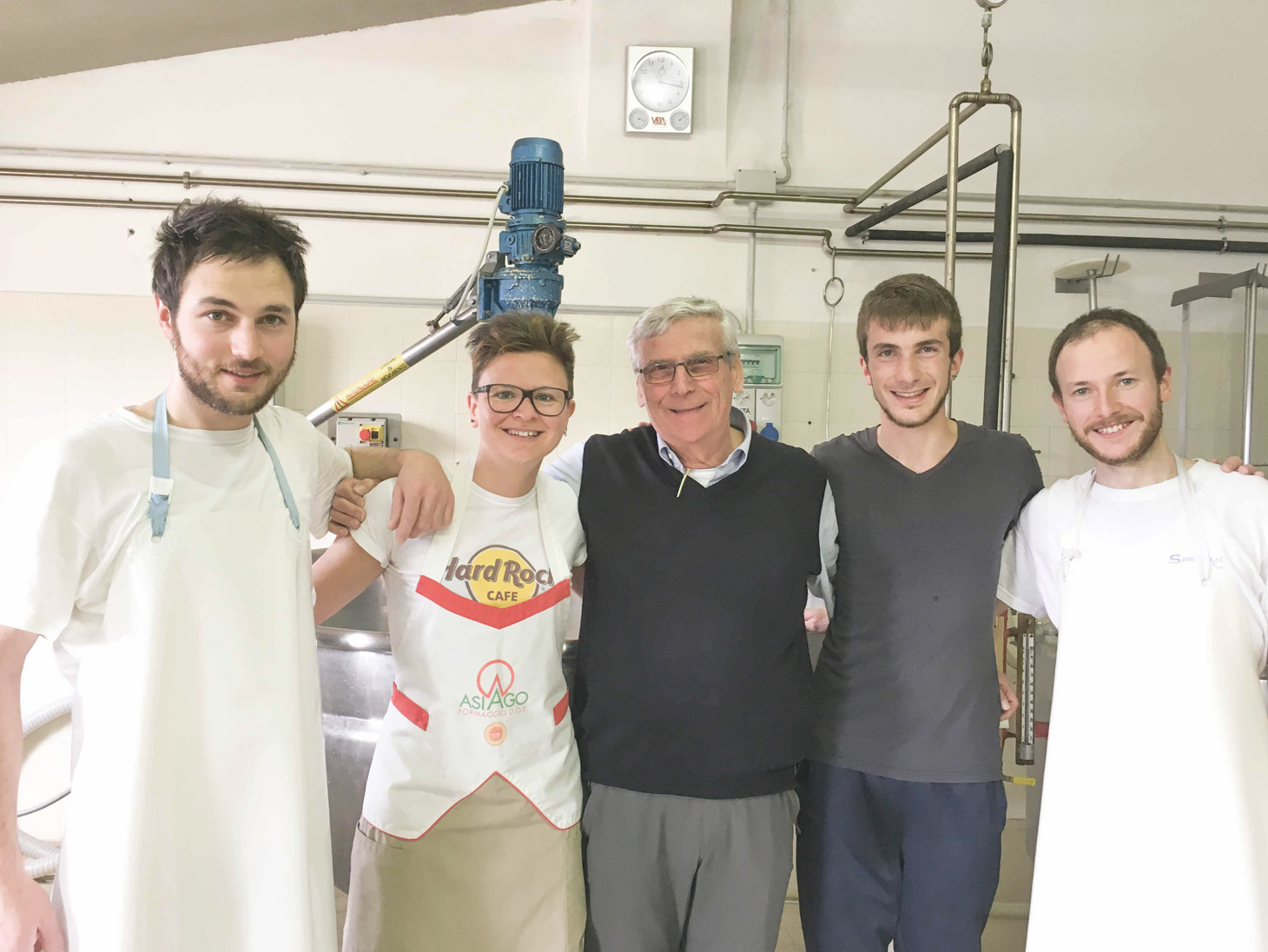
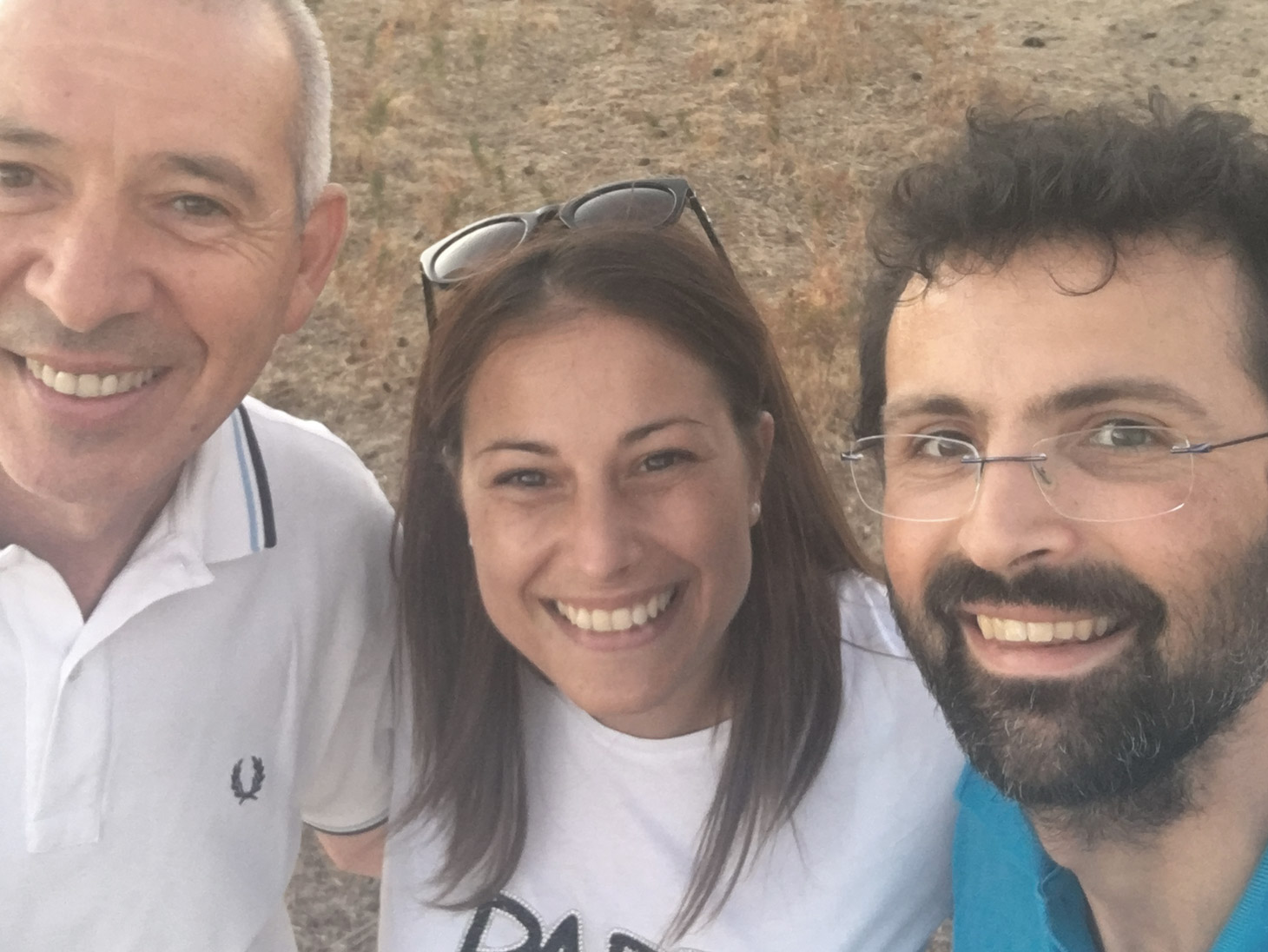
3. QUALITY AND PRODUCTS DEVELOPMENT
Another important area of collaboration with producers, especially the more artisanal ones, is that of quality. We often help them to assess the labels, the technical data sheets and all those regulatory requirements that need to be fulfilled when they move up from the direct sale in their shop to a more structured relationship, such as the one with a partners like us. But we also work with producers on the product, perhaps to fine-tune it, starting from the feedback we collect from the market, or to "clean up the labels" of some additives, or again to fix the packaging in order to let the product travel easier. 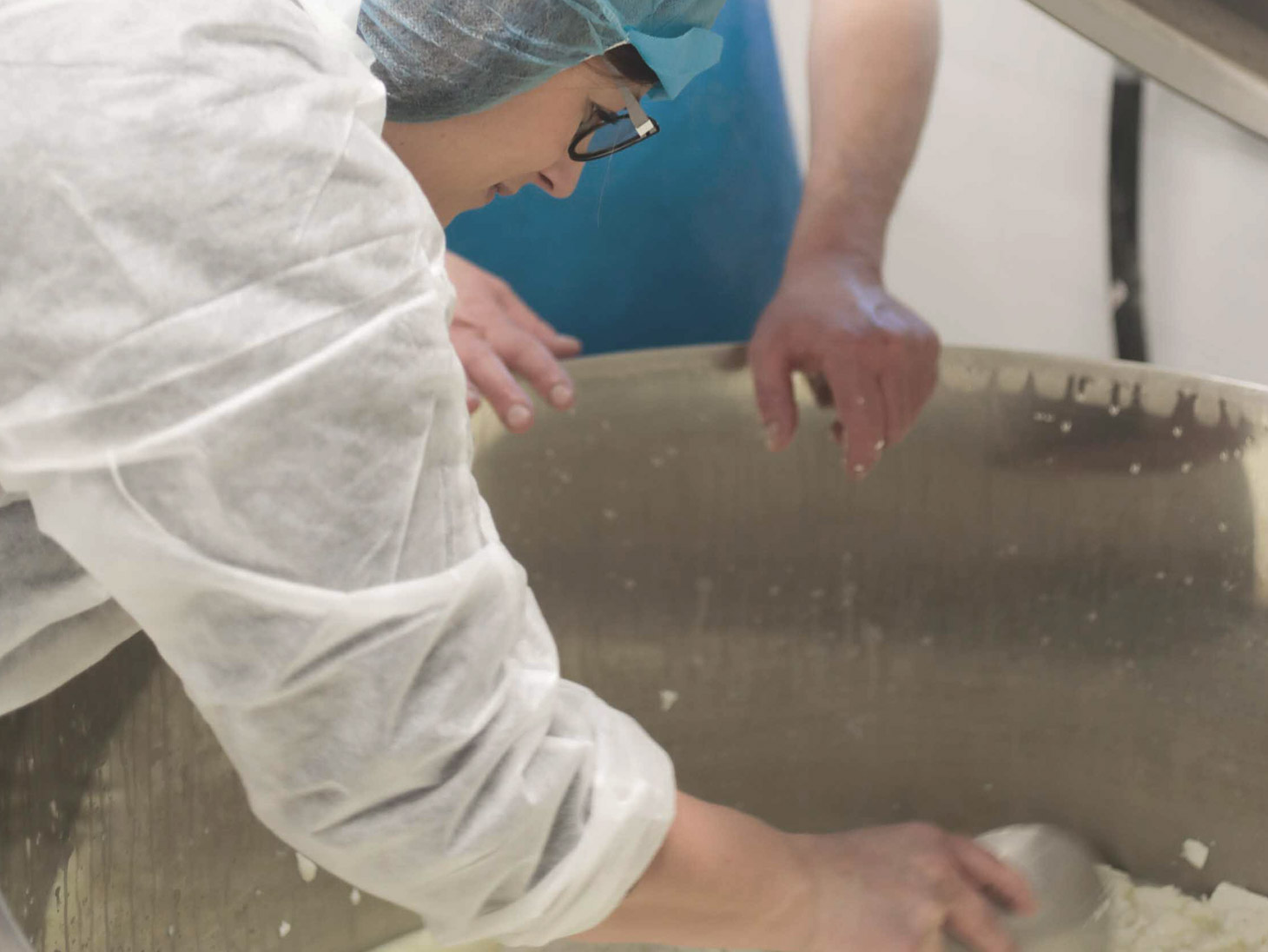
4. CO-MARKETING
Finally there is another job we share with producers, the one that concerns me more closely: marketing and communication. 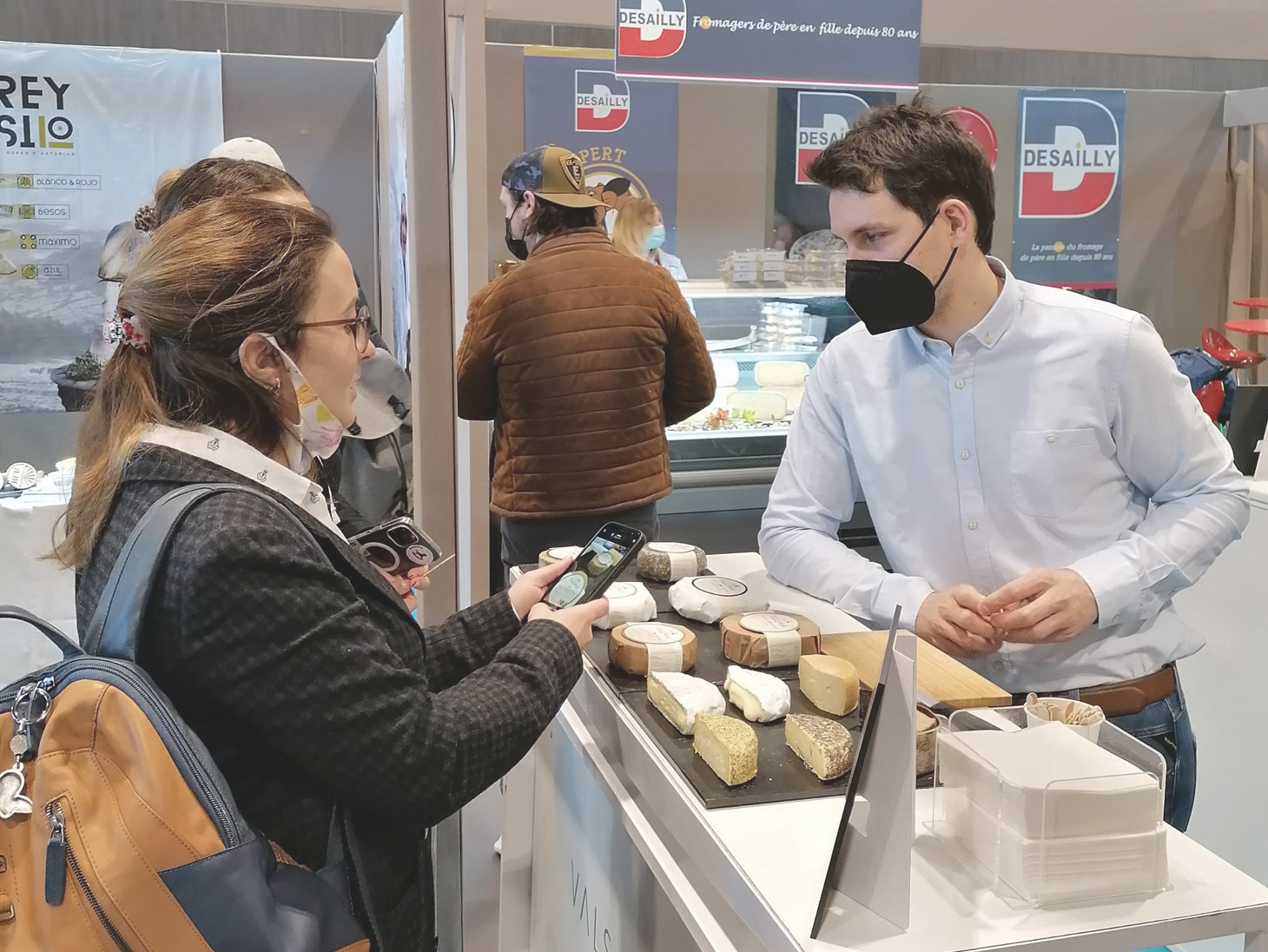
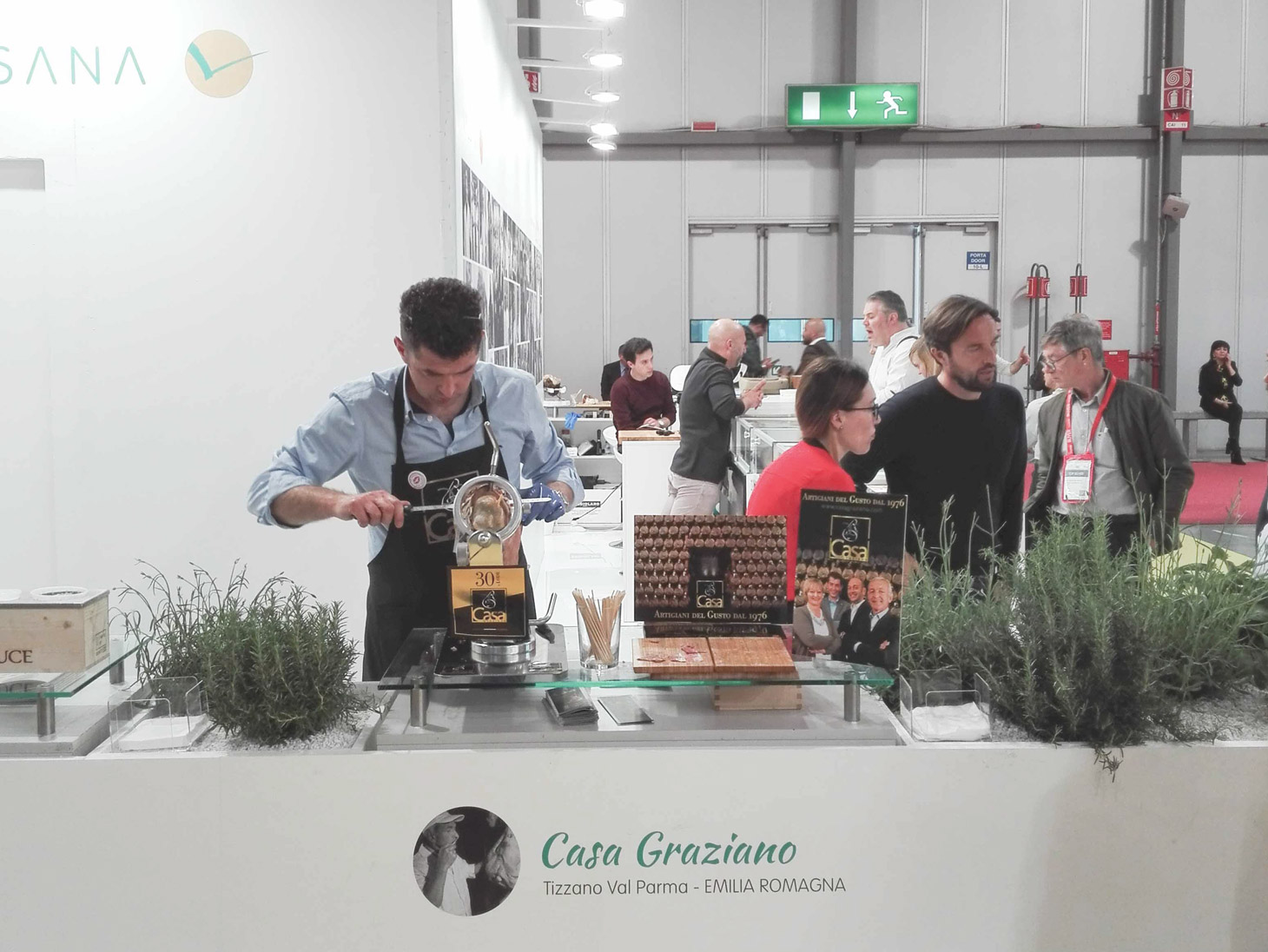
Here we just need a few lines, because it is a job that comes easy to us and that we have always done: enhancing the producers, their stories, their products through our magazine and online, but also throught events we organize together or fairs we share. It comes easy to us because we like to do it, and because we believe it's fair to give the correct recognition to those persons who, often with many sacrifices, carry on the gastronomic heritage of our wonderful country.
Martina Iseppon
Marketing Director



